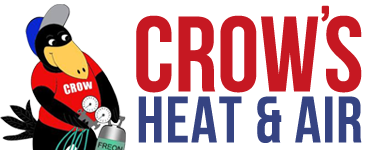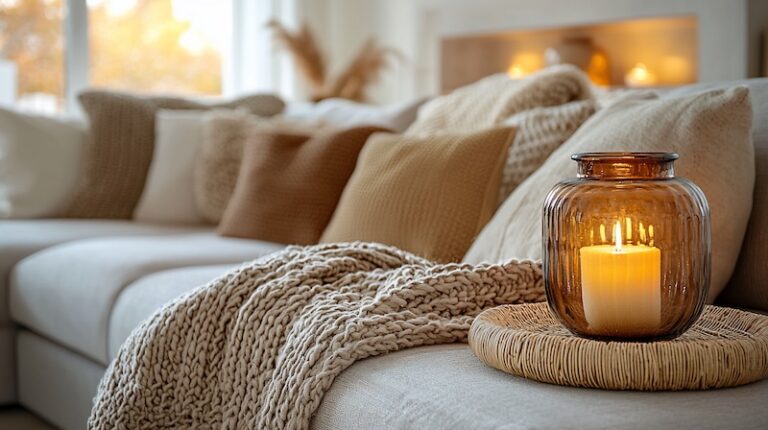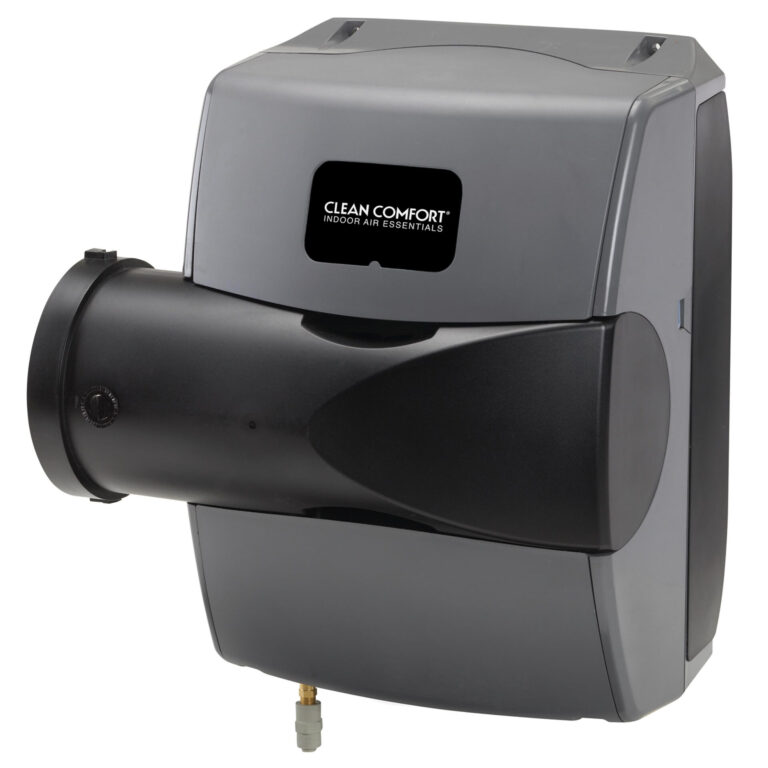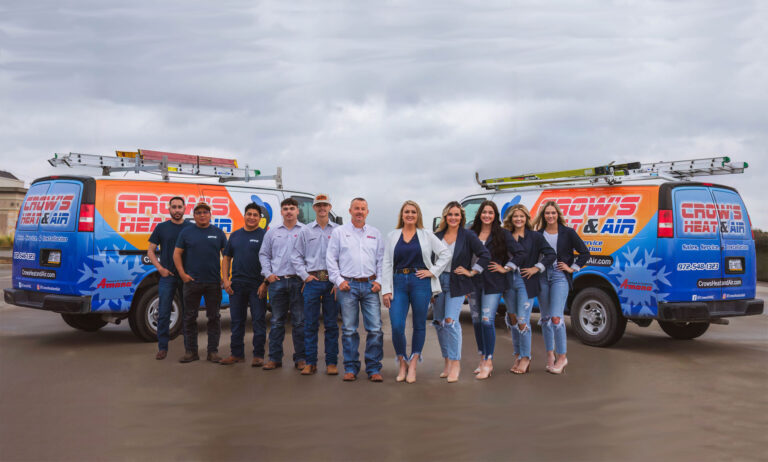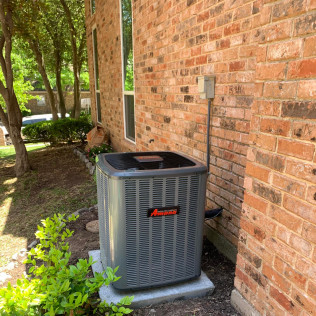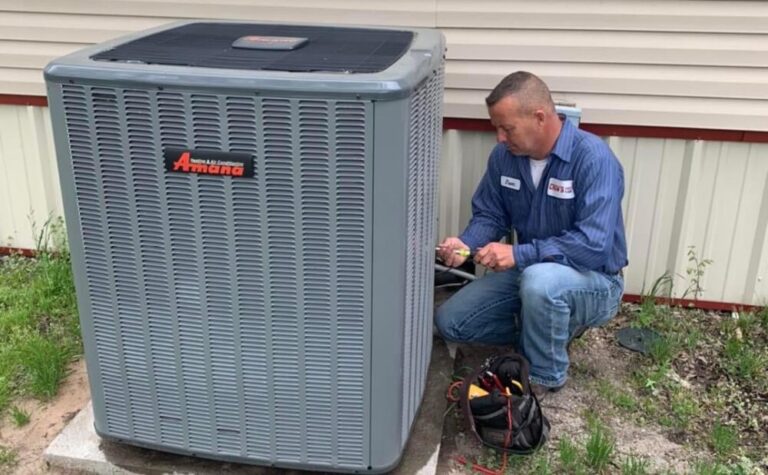Ask the Experts: Q&A with a Local HVAC Professional
Your Trusted HVAC Questions Answered: Professional Insights from Crow’s Heat & Air
When your heating and cooling system starts acting up, you probably have dozens of questions racing through your mind. At Crow’s Heat & Air, we’ve been fielding these exact questions from homeowners for over two decades, and we understand that HVAC systems can seem mysterious and intimidating. Our experienced technicians have seen it all, and we believe that informed homeowners make the best decisions for their comfort and budget.
What sets us apart isn’t just our technical expertise; it’s our commitment to education and transparency. We know that understanding your HVAC system empowers you to maintain it better, recognize potential problems early, and make smart investments in your home’s comfort. As climate patterns shift and extreme weather becomes more common, we’ve adapted our services to address these changing conditions, helping local families stay comfortable while managing energy costs effectively.
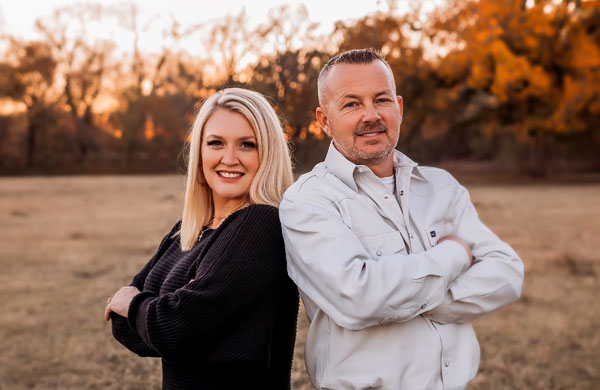
System Maintenance and Performance Questions
Q: How often should I change my air filter, and does it really make that big of a difference?
This is the most common question we receive. For standard 1-inch filters, we recommend changing them monthly, especially if you have pets or family members with allergies. Some high-efficiency filters can last up to 90 days, but we always tell homeowners to check monthly regardless.
A dirty filter directly impacts your system’s performance and lifespan. When filters become clogged, your HVAC system works harder to pull air through, leading to increased energy consumption and potential damage to components like the blower motor. We’ve seen systems fail prematurely simply because homeowners neglected this simple maintenance task.
Q: My system is making strange noises. When should I be concerned?
Unusual noises are often your system’s way of telling you something needs attention. Rattling typically indicates loose components or debris in the outdoor unit. Grinding or screeching sounds often point to motor or belt problems that need immediate attention. Clicking during startup is usually normal, but persistent clicking could indicate electrical issues.
Any sudden change in your system’s sound pattern deserves professional attention. We always recommend addressing unusual noises promptly—what starts as a minor adjustment can quickly become a major repair if ignored.
Q: Why isn’t my system cooling or heating evenly throughout my house?
Uneven temperatures can stem from several causes. Poor ductwork design, leaky ducts, or blocked vents are common culprits. Sometimes it’s as simple as furniture blocking air returns or closed vents disrupting airflow patterns.
In older homes, inadequate insulation or air sealing can create hot and cold spots. We often recommend duct sealing, zoning systems, or strategic improvements to insulation to address these issues. Each home is unique, so we always perform a comprehensive assessment to identify the root causes.
Energy Efficiency and System Performance
Q: What’s the ideal temperature setting to balance comfort and energy costs?
We recommend the “6-degree rule”—setting your thermostat 6-8 degrees higher in summer and lower in winter than your ideal comfort temperature when you’re away from home. For example, if you prefer 72°F in summer, try setting it to 78°F when you’re not home.
A programmable or smart thermostat can make this effortless while potentially saving you hundreds of dollars annually on energy costs. Many customers are surprised by how quickly they adapt to these slightly adjusted temperatures, especially when they see the impact on their utility bills.
Q: How can I tell if my system is energy efficient, and when should I consider replacing it?
System age is a key indicator—most HVAC systems last 15-20 years with proper maintenance. If your system is approaching or exceeding this age, especially if you’re experiencing frequent repairs or significantly higher energy bills, replacement often makes financial sense.
We also look at your system’s SEER (Seasonal Energy Efficiency Ratio) rating. Older systems often have SEER ratings of 8-10, while modern efficient systems can achieve SEER ratings of 16-20 or higher. The higher the SEER rating, the less energy your system uses.
Q: Is a bigger system always better for my home?
This is a common misconception that can actually hurt both comfort and efficiency. An oversized system will cool or heat your space too quickly, shutting off before it can properly remove humidity or achieve even temperatures throughout your home.
Proper sizing requires detailed calculations considering your home’s square footage, insulation levels, window efficiency, orientation, and local climate conditions. We always perform load calculations to ensure your new system matches your home’s specific needs perfectly.
Climate and Professional Service Questions
Q: How does our local climate affect my HVAC system’s performance?
Our regional climate presents unique challenges that we account for in every installation and service call. High humidity levels during summer months mean your air conditioning system works overtime not just to cool the air, but to remove moisture. This is why proper sizing and humidity control features are crucial for both comfort and energy efficiency.
During unexpected cold snaps or extended heating seasons, systems that aren’t properly maintained can struggle to keep up. We’ve also noticed that extreme weather events are becoming more frequent, putting additional stress on HVAC systems and highlighting the importance of regular maintenance.
Q: Should I cover my outdoor unit during winter?
For heat pump systems, never cover the outdoor unit—these systems need airflow even in winter for defrost cycles. For traditional air conditioning units paired with gas furnaces, you can cover the top to prevent debris accumulation, but ensure sides remain open for airflow.
During severe weather, clear debris from around outdoor units and ensure proper drainage. If you lose power during extreme temperatures, wait 30 minutes after power restoration before turning your system back on to avoid damaging components.
Q: What HVAC problems should I never try to fix myself?
While we encourage homeowners to handle basic maintenance like filter changes and keeping outdoor units clear of debris, several issues always require professional attention. Any electrical problems, refrigerant leaks, gas line issues, or strange odors need immediate professional assessment for safety reasons.
Additionally, if your system isn’t heating or cooling adequately, unusual noises persist, or you notice water leaking around indoor units, professional diagnosis can prevent minor issues from becoming major repairs.
Q: How do I choose the right HVAC contractor?
Look for proper licensing, insurance, and local references. Ask about their experience with your specific system type and whether they provide detailed written estimates. A reputable contractor will perform thorough assessments, explain their recommendations clearly, and never pressure you into immediate decisions.
We believe in building long-term relationships with our customers, which means providing honest assessments, fair pricing, and standing behind our work with solid warranties.
Need Expert HVAC Advice? Contact Crow’s Heat & Air for Professional Solutions!
Still have questions about your heating and cooling system? Our experienced technicians are ready to provide personalized answers and solutions for your specific situation. Whether you need routine maintenance, emergency repairs, or guidance on system upgrades, Crow’s Heat & Air combines decades of local experience with cutting-edge knowledge to keep your family comfortable year-round. Contact us today for honest advice, reliable service, and the peace of mind that comes from working with true HVAC professionals!
